In the fast-paced world of digital marketing, tracking performance is essential to making informed decisions. Marketing reports provide a structured way to analyze campaigns, measure key performance indicators (KPIs), and optimize strategies. In this blog, we’ll explore different marketing report templates and examples that can help digital marketers streamline their reporting process.
What Is a Marketing Report?
A marketing report is a document that provides an overview of marketing performance based on collected data. It helps marketers assess the effectiveness of campaigns, track key metrics, and make informed strategic decisions. These reports can cover various aspects such as website traffic, social media engagement, SEO performance, and advertising ROI.
According to Lorenzo, “A market report is an index to business conditions prevailing in a particular market at a specified period or on a fixed day.”
Similarly, Usunier JC defines a market report as a document that “contains the business or market scenario of a commodity sold at a place during a certain time limit.”
From these statements, we can conclude that a marketing report serves as a comprehensive record of crucial market dynamics, including sales performance, demand and supply trends, price fluctuations, market trends, price indices, valuation methods, and the transfer of titles. By analyzing these factors, marketers and business leaders can make informed decisions, anticipate shifts in the market, and develop strategies that align with current and future business conditions.
Why Need to Create Regular Marketing Reports?
If we think from the point of view of digital marketing, then your goal should be to develop your company. Timely posting the content on social media platform, Email Campaign, search-engine-optimized are all the resources for the sales activity.
Many clients would be demanding for marketing reports for daily, monthly, and weekly basis, then you should be focus on
- Present your work structure
- Mention the target you have succeed
- Work on the area were needing improvement
Benefits of creating Marketing Report
Below are the key benefits of creating marketing reports to guide decision-making and enhance overall marketing performance:
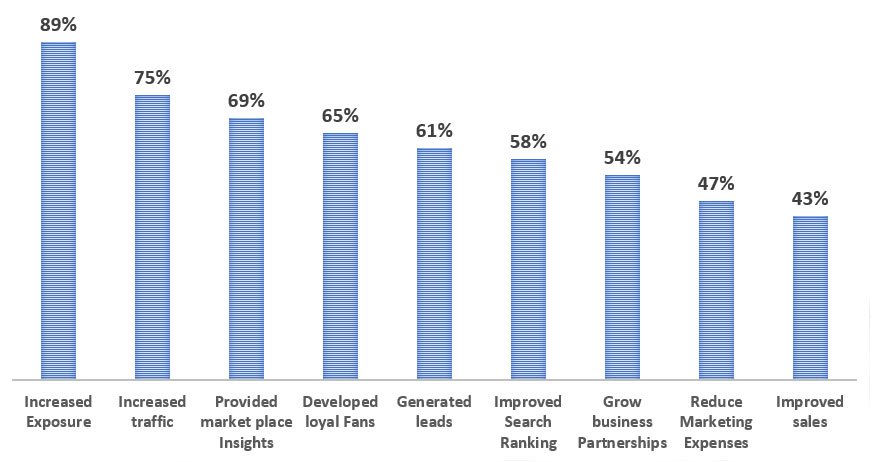
Data-Driven Decision Making
A marketing report compiles real-time data from various campaigns, allowing businesses to make informed decisions. It eliminates guesswork, helping marketers identify trends, understand audience behavior, and optimize strategies for better results. Data-backed insights improve efficiency and increase marketing effectiveness.
Performance Tracking
Marketing reports help businesses measure the success of campaigns by tracking key metrics like conversion rates, website traffic, and engagement. Regular analysis enables teams to refine strategies, identify high-performing channels, and focus on tactics that drive the best results.
Budget Optimization
By evaluating marketing performance, reports highlight areas where budgets are effectively utilized and were spending needs adjustment. This helps allocate resources efficiently, reduce unnecessary costs, and maximize return on investment (ROI), ensuring every dollar spent contributes to business growth.
Competitive Analysis
Marketing reports provide insights into competitor performance, industry benchmarks, and customer preferences. Understanding market trends and comparing strategies with competitors helps businesses refine their approach, capitalize on opportunities, and maintain a competitive edge in an evolving business landscape.
Customer Insights
Analyzing data from marketing reports uncovers customer behavior patterns, preferences, and buying trends. This allows businesses to personalize campaigns, improve engagement, and create targeted marketing strategies that resonate with their audience, ultimately enhancing customer satisfaction and brand loyalty.
Guideline for Marketing Report Template
A well-structured marketing report is created based on transaction and other dealings taken place in a particular market. It is generally written on the transactions of a particular type of product.
Page Highlight:
We should always keep a summary in the first part of the report. The report should include important metrics and overview. Keep the format easy, so everyone can easily read and understand the report. Your customer should have a general understanding of where marketing is from the first month. Everything that comes after this section should contain more detailed information on the areas discussed by you on the summary page.
Marketing Strategy:
Marketing strategy is a business game plan to reach the maximum number of people and convert them into a customer of the product and services offered by the business. The marketing strategy informs the marketing plan, which is a document that lays out the types and timing of marketing activities.
Before planning for any marketing strategy plan the following question and answer:
- What is the target market?
- What are the primary marketing channels?
- What are growth opportunities?
- What is the current scope of this project?
Conversion Metrics:
Marketers are only interested to see the insights of the reports that are not concerned about the actual data they collect. Conversion metrics give clear information on how well the marketing planning work. The summary of the report gives the exact picture of actions are being taken by users, customers, and clients. Some selected KPIs have been discussed below.
- Revenue
- Cost per conversion on paid channels (paid search, social promotions, native advertising, etc.)
- Leads by channel (websites, social media, referrals, paid search, email marketing, offline sources, etc.)
- Customer acquisition
- Paid leads vs. organic leads
To get the correct output of the conversion metric, you must work with the customer’s team in relation to sales and revenue. If they are running an e-commerce site selling products on it, trace the eCommerce sales report.
Website Metrics:
The next and most important factor of digital marketing is website metric. This is one of the important marketing aspects of client websites. Without website metrics, you cannot get a background report on the website that can waste time and money on you.
Know Which Marketing Metrics to Report
If we start gathering anything that is not related to the subject, it would be useless to generate the report. Your customers and stakeholders are interested only in meaningful metrics – this may lead to direct website visits and brand searches to lead to brand awareness, or conversion and sales. If you report on everything, then not only are you failing to highlight what is most important, you are probably overwhelming the person who reads it.
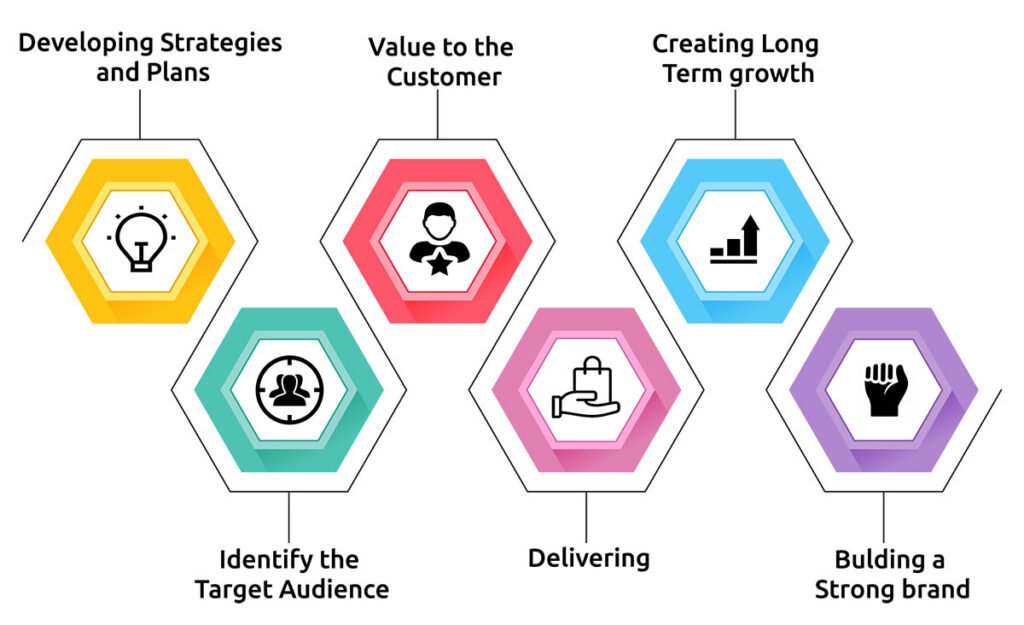
First, explore the business objectives and goals and start marking the marketing metrics as decided. Typically, these stats include the following:
Website Traffic: Measures total visits, new vs. returning users, and traffic sources to evaluate site engagement and growth over time.
Lead Conversion Rate: Percentage of visitors who convert into leads, helping assess the effectiveness of landing pages and lead capture forms.
Sales Volume: Tracks the number of sales made, directly reflecting the success of marketing campaigns in driving revenue generation.
Customer Acquisition Cost (CAC): Shows the cost of acquiring a new customer, allowing businesses to evaluate the efficiency of their marketing spend.
Return on Investment (ROI): Measures the revenue generated relative to marketing costs, helping assess the profitability of campaigns and overall marketing strategy.
Click-Through Rate (CTR): Percentage of people who click on ads or links, indicating the effectiveness of CTAs, email campaigns, and digital ads.
Customer Lifetime Value (LTV): Predicts the total revenue generated by a customer over their relationship with your brand, helping optimize retention strategies.
Social Media Engagement: Tracks likes, shares, comments, and other interactions on social platforms, gauging how well content resonates with the audience.
Marketing Reports Examples
Lead Dashboard
A Lead Dashboard provides real-time insights into lead generation, tracking metrics like conversions, source, engagement, and performance for optimization.
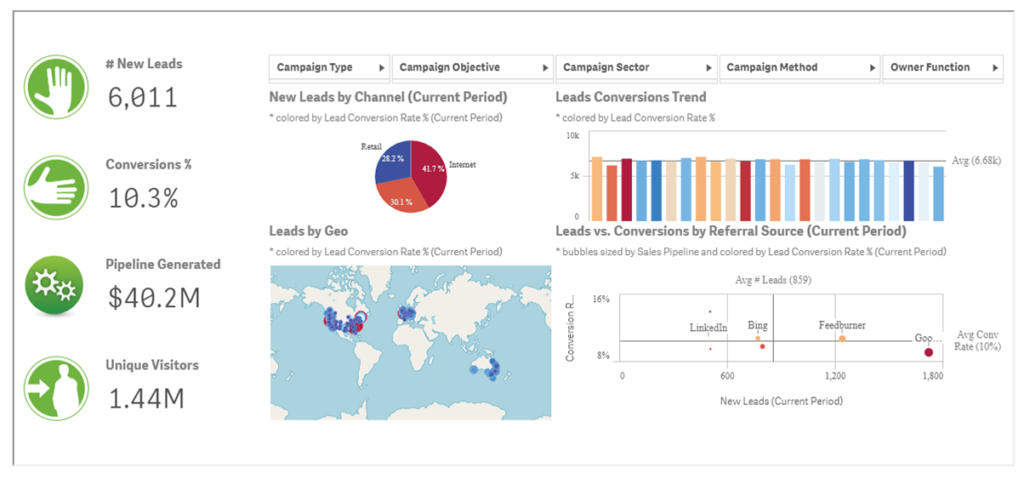
Campaign Dashboard
A campaign dashboard provides real-time visualizations of key metrics like traffic, conversions, ROI, and engagement, helping optimize marketing efforts.
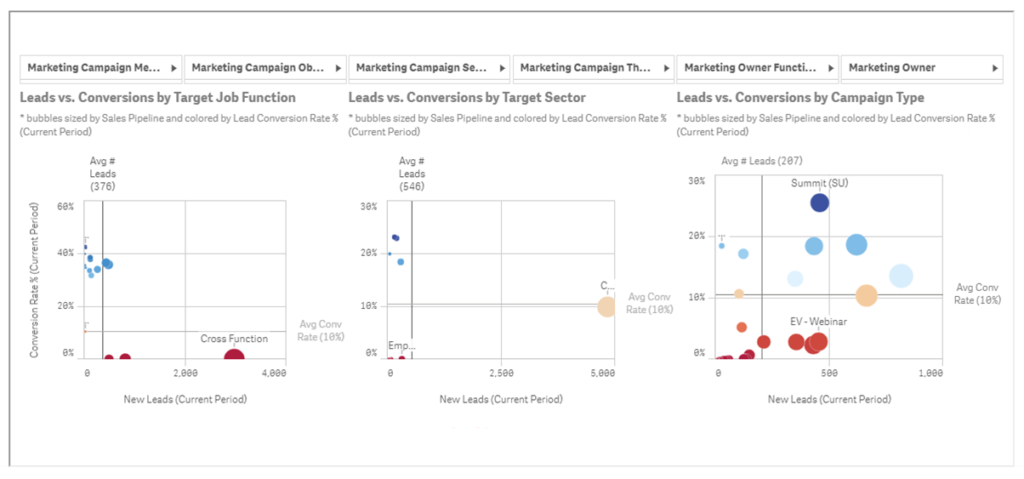
Web Traffic Dashboard
A Web Traffic Dashboard visualizes key metrics like visits, bounce rate, traffic sources, and conversions, offering insights into user engagement.
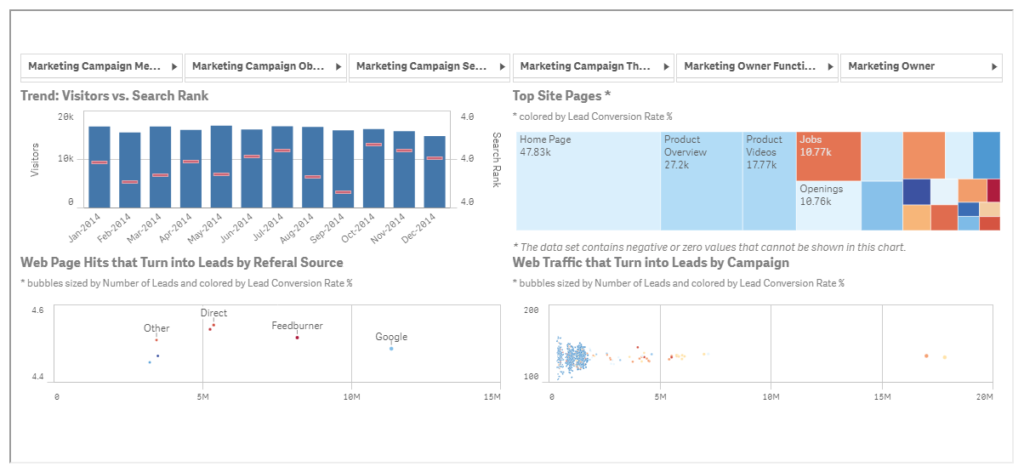
Conclusion
In conclusion, a marketing report template is an invaluable tool for digital marketers to efficiently track and optimize campaigns. By focusing on key metrics like website traffic, conversion rates, and ROI, marketers can assess performance, identify trends, and refine strategies.
Customizing the template to fit specific goals ensures relevant and actionable insights for stakeholders. These data-driven reports help digital marketers make informed decisions, improve campaign effectiveness, and demonstrate the value of marketing efforts, ultimately contributing to better alignment with business objectives and sustained growth.
If you are likely to create a structured report for your stakeholders, then you can start your EzDataMunch Free Trial Today!
FAQ’s
What is a marketing report template?
A marketing report template provides a structured format for tracking campaign performance, metrics, and results, streamlining reporting processes.
How can I customize a marketing report template?
You can customize templates by adding specific KPIs, adjusting layouts, and including tailored sections for campaigns and analysis.
What key metrics should be included in a marketing report?
Essential metrics include traffic, leads, sales, conversions, ROI, CTR, engagement, and customer acquisition costs for comprehensive analysis.
How often should a marketing report be generated?
Marketing reports should be generated regularly, either weekly, monthly, or quarterly, depending on campaign duration and business needs.

Abhishek Sharma
Website Developer and SEO Specialist
Abhishek Sharma is a skilled Website Developer, UI Developer, and SEO Specialist, proficient in managing, designing, and developing websites. He excels in creating visually appealing, user-friendly interfaces while optimizing websites for superior search engine performance and online visibility.

